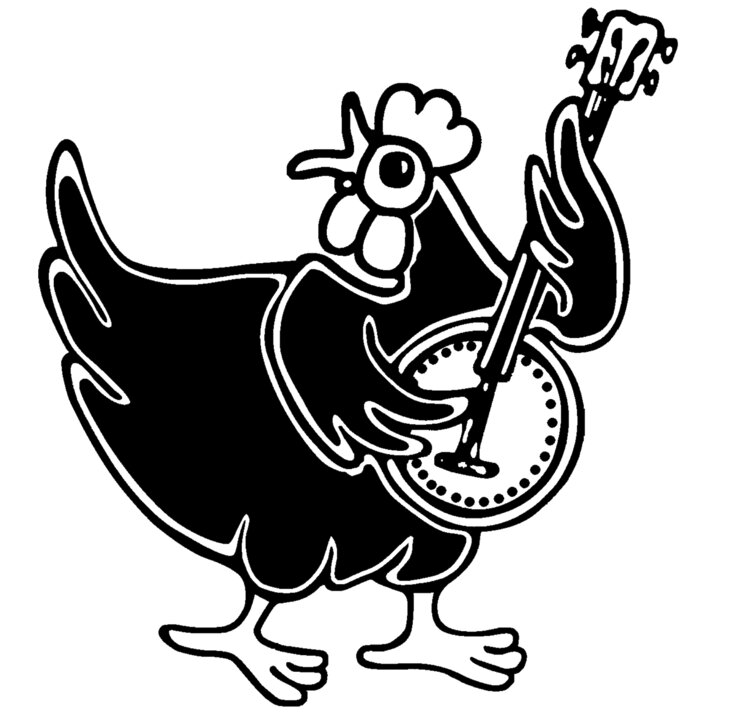Canadian Steve Dawson has released eight albums of his own, worked extensively as a sideman, and produced artists like John Hammond and Kelly Joe Phelps. On the all-instrumental Lucky Hand, Dawson presents guitar solos, small ensembles, and works featuring a string quartet, the latter arranged by longtime collaborator Jesse Zubot. "The Circuit Rider of Pigeon Forge," opens the album and gives the listener a clear idea of Dawson's vision, combining his fingerstyle 12-string guitar with the string quartet. Here he employs a rhythm that recalls Leo Kottke's early recordings. The strings serve several roles, including strengthening "Circuit Rider's" dramatic arc. The minor key "Bentonia Blues," led by Dawson's deft slide guitar, features a wonderful surprise - Charlie McCoy on harmonica. "Hale Road Revelation" is a fine solo, played on a wood-bodied guitar and featuring both fingerpicking and slide. Steve Dawson's execution is very clean, regardless of the guitar he chooses, and his compositions echo those of Kottke and John Fahey, particularly in their rocking rhythms and juxtaposition of rootsy melodic themes with dissonance. He is successful in this context. To my ears, some of the tracks with strings, horn, and woodwinds seem to call out for stronger melodies. The duos and trios, such as "Bentonia Blues" and the beautiful guitar/mandolin piece, "Little Harpeth," are my favorites. Among the tracks with the string quartet, brass, and woodwinds, "The Circuit Rider of Pigeon Forge" and "Lonesome Ace" come next. The entire album is listenable, contains many surprises, and will inspire fingerpicking guitarists to play in less conventional settings.
